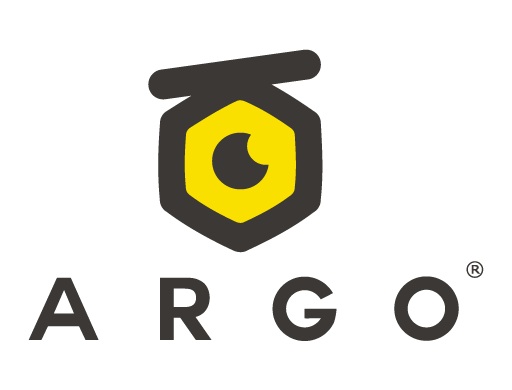Whistleblowing
Implemented in Italy through Legislative Decree No. 24 of March 10, 2023, it makes the adoption of whistleblowing systems mandatory also in the private sector, thereby requiring the establishment of procedures for reporting unlawful conduct in full compliance with regulations.
What does whistleblowing mean?
Whistleblowing is a compliance mechanism that enables employees of a company or organization, as well as third parties, to confidentially and securely report any irregularities or unlawful activities they become aware of. The channel used to submit these reports must ensure the confidentiality of the whistleblower and the content of the communication.
Who is the whistleblower?
The whistleblower is the individual who reports, discloses, or files a complaint with judicial or accounting authorities regarding violations of national or European Union laws that harm the public interest or the integrity of a public administration or private entity. These violations must have come to their attention in the context of a public or private work environment.
Who handles the reports?
Internal Supervisory Body
The management of the reporting channel must be entrusted to an internal, dedicated, and autonomous person or office, with staff specifically trained in handling whistleblowing reports.
External Supervisory Body
Alternatively, the management may be assigned to an external, independent entity, also equipped with specifically trained personnel.
